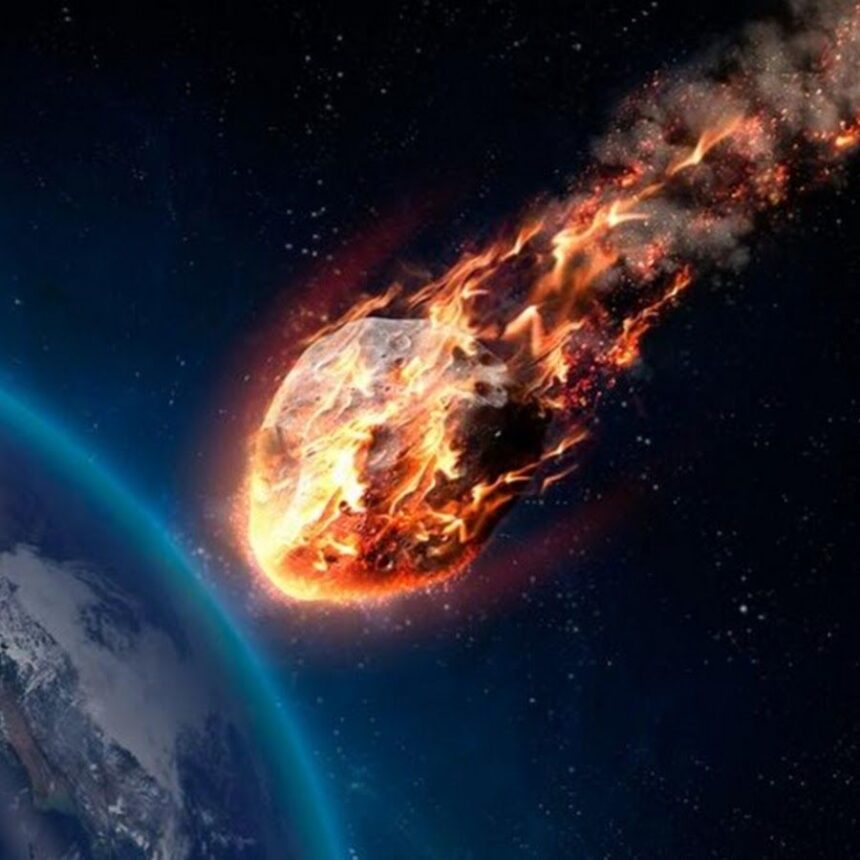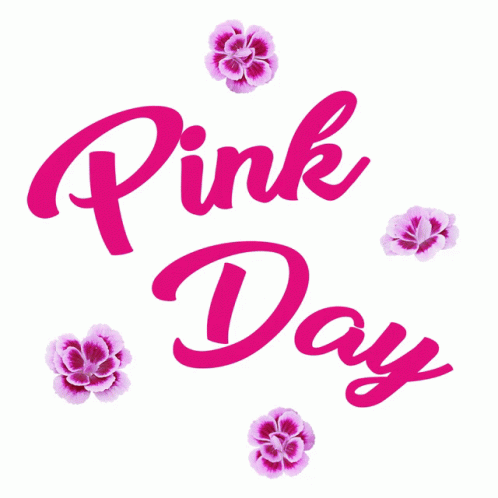🌠 Meteor Day: History, Fascinating Facts, FAQs, Timeline, Significance, Observance, Wishing, and Daily Life Impact
Each year on June 30, skywatchers, science enthusiasts, and dreamers around the globe look up with wonder. Why? Because it’s Meteor Day, a tribute to the celestial streaks of light that have inspired curiosity, myths, and science for centuries.
- 🌌 What Is Meteor Day?
- 📜 The History Behind Meteor Day
- 📅 Timeline of Meteor Day and Meteor Awareness
- 💫 7 Powerful Meteor Day Facts That Will Blow Your Mind
- ❓ Frequently Asked Questions (FAQs)
- Q1: What is the difference between a meteoroid, meteor, and meteorite?
- Q2: Is Meteor Day an official holiday?
- Q3: What happens on Meteor Day?
- Q4: Can a meteor really destroy Earth?
- Q5: How can I celebrate Meteor Day with kids?
- 🌍 Significance of Meteor Day in Today’s World
- 🪐 How Is Meteor Day Celebrated?
- ✨ Beautiful Wishing Messages for Meteor Day
- 🧠 Why Meteor Day Matters in Our Daily Lives
- 🔑 Key Observance Points
- 💬 Quotes About Meteors and Space
- 🌠 Conclusion: A Sky Full of Lessons
Whether you’re a casual stargazer or a passionate astronomer, Meteor Day is your moment to marvel at the mysteries of the universe. But this day is more than just a night of looking up—it also commemorates a significant historical event with real-world implications.
Let’s dive into the sparkling trail of history, facts, observance, impact, and purpose behind this extraordinary day.
🌌 What Is Meteor Day?
Meteor Day, also known as International Meteor Day, is observed annually on June 30. The date marks the anniversary of the Tunguska Event, the most powerful meteor-related explosion in recorded history. This cosmic holiday raises awareness about meteors, space science, and the fragility of our planet.
📜 The History Behind Meteor Day
The origin of Meteor Day is rooted in a mysterious cosmic explosion.
🪐 The Tunguska Event (June 30, 1908)
On the morning of June 30, 1908, a meteoroid exploded over the Tunguska River in Siberia, Russia. The blast flattened 2,000 square kilometers of forest, equivalent to over 80 million trees, with a force 1,000 times stronger than the Hiroshima bomb.
Though no impact crater was found, scientists believe a meteor or comet fragment disintegrated in Earth’s atmosphere. This rare event has since inspired research, space monitoring programs, and Meteor Day itself.
📅 Timeline of Meteor Day and Meteor Awareness
| Year | Event |
|---|---|
| 1908 | Tunguska Event occurs in Siberia |
| 1927 | Russian scientist Leonid Kulik leads the first investigation |
| 1958–1990s | Meteor science gains ground with space race and satellites |
| 2000s | NASA and international space agencies initiate asteroid tracking programs |
| 2013 | Chelyabinsk meteor explodes over Russia; over 1,500 injured |
| 2020 | Global virtual events highlight meteor defense strategies |
| 2024–2025 | Meteor Day embraced by educators, space organizations, and stargazing groups |
💫 7 Powerful Meteor Day Facts That Will Blow Your Mind
Meteors are often just grains of dust—yet they burn brighter than city lights when entering Earth’s atmosphere!
The Tunguska Event released energy equal to 10–15 megatons of TNT—more than most nuclear bombs.
The word “meteor” comes from the Greek word meteōros, meaning “high in the air.”
Most meteors burn up before hitting Earth, but some survive and are called meteorites.
There are over 500 meteor showers each year, with famous ones like Perseids and Leonids.
A meteor is not the same as a comet or asteroid—it’s the flash of light caused by a meteoroid entering our atmosphere.
NASA’s Planetary Defense Office actively tracks near-Earth objects to prepare for possible threats.
❓ Frequently Asked Questions (FAQs)
Q1: What is the difference between a meteoroid, meteor, and meteorite?
Meteoroid: A small rock or particle in space
Meteor: The flash of light seen when a meteoroid enters Earth’s atmosphere
Meteorite: A meteoroid that survives the journey and lands on Earth
Q2: Is Meteor Day an official holiday?
While it’s not a government holiday, Meteor Day is recognized globally by scientific and space communities.
Q3: What happens on Meteor Day?
People attend space lectures, meteorite exhibitions, or organize stargazing events to appreciate the beauty and importance of meteors.
Q4: Can a meteor really destroy Earth?
While it’s highly unlikely, large meteors have caused mass extinctions (e.g., the dinosaur extinction). That’s why tracking them is crucial.
Q5: How can I celebrate Meteor Day with kids?
Use planetarium apps, watch documentaries like Cosmos, or do simple science experiments about gravity and impact.
🌍 Significance of Meteor Day in Today’s World
Meteor Day is about more than celestial beauty—it’s a reminder of Earth’s vulnerability and resilience. The Tunguska Event proves how space objects can impact Earth, making it vital to study space threats.
Educational Significance
Promotes STEM education through astronomy and planetary science
Encourages curiosity in kids and adults alike
Strengthens scientific thinking and earth-space connection
Environmental and Global Importance
Raises awareness about space surveillance and planetary defense
Encourages international cooperation to monitor and mitigate space threats
Supports scientific institutions like NASA, ESA, and ISRO
🪐 How Is Meteor Day Celebrated?
Celebrations are as varied as the skies themselves:
Star Parties: Amateur astronomers organize telescope nights
Meteor Showers: Some regions plan celebrations to align with minor meteor showers
Space Documentaries: Educational institutions screen cosmic documentaries
Science Fairs: Schools create meteor models and learning exhibits
Social Media Campaigns: Hashtags like #MeteorDay #Tunguska remind us of cosmic connections
✨ Beautiful Wishing Messages for Meteor Day
“May your dreams shoot across the sky like meteors—bright, bold, and unforgettable. Happy Meteor Day!”
“Look up tonight—each streak of light is a reminder that the universe is bigger than our worries. Happy Meteor Day!”
“Wishing you a day full of cosmic wonder, shooting stars, and a renewed love for our magical universe.”
🧠 Why Meteor Day Matters in Our Daily Lives
🧑🏫 For Students:
Encourages curiosity, science literacy, and love for the cosmos
Sparks interest in space careers like astronomy and astrophysics
🧑💼 For Professionals:
Boosts engagement in fields like aerospace, geology, and AI in planetary defense
Inspires innovation in meteor detection and impact modeling
🏠 For Families:
Offers bonding over outdoor stargazing, science movies, and stories of the stars
Promotes mindfulness about Earth’s place in the universe
🌐 For Society:
Reminds us of the unifying power of science and wonder
Reinforces the need for preparedness and intergovernmental collaboration
🔑 Key Observance Points
Date: June 30
Established to commemorate the Tunguska Event
Celebrated globally through education, observance, and outreach
Highlights planetary defense, astronomy, and environmental awareness
Encourages people of all ages to look up and connect with the cosmos
💬 Quotes About Meteors and Space
“To confine our attention to terrestrial matters would be to limit the human spirit.” —Stephen Hawking
“Shoot for the moon. Even if you miss, you’ll land among the stars.” —Norman Vincent Peale
🌠 Conclusion: A Sky Full of Lessons
Meteor Day is not just about gazing at streaks of light. It’s a day to remember that Earth is part of something vast and powerful. It’s a chance to pause, look up, and appreciate the sky—not with fear, but with awe, respect, and responsibility.
In an age where science and nature must work together, Meteor Day reminds us of our place in the universe and our duty to protect this blue planet.
So tonight, grab a blanket, step outside, and watch the sky for magic—because somewhere out there, a shooting star is waiting to be wished upon.








